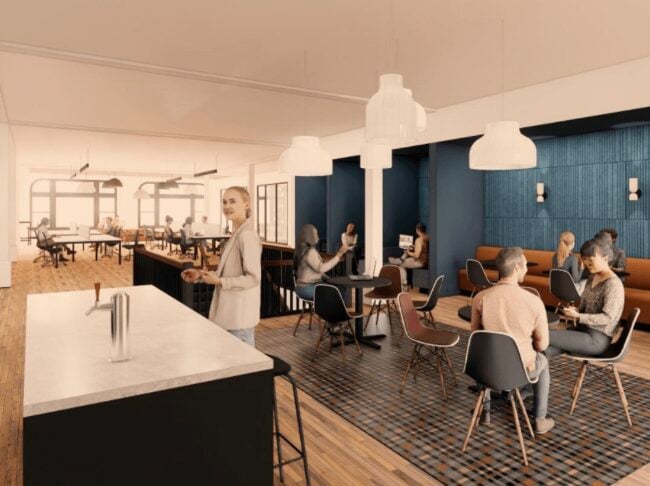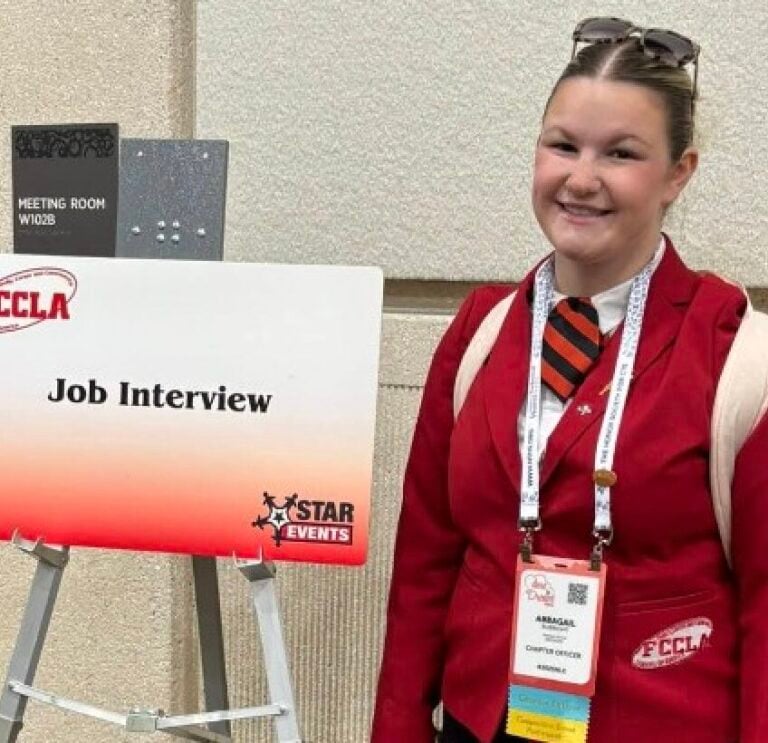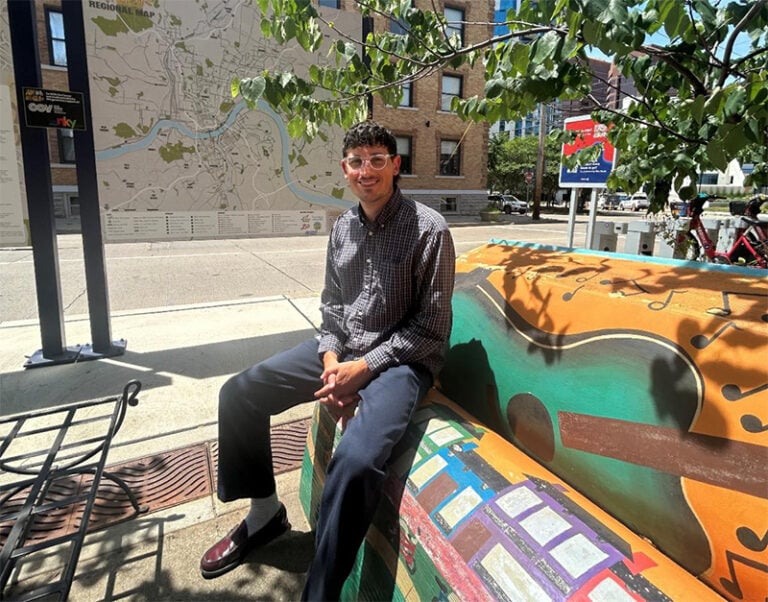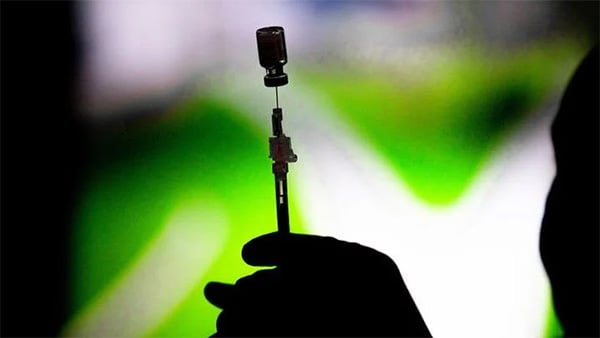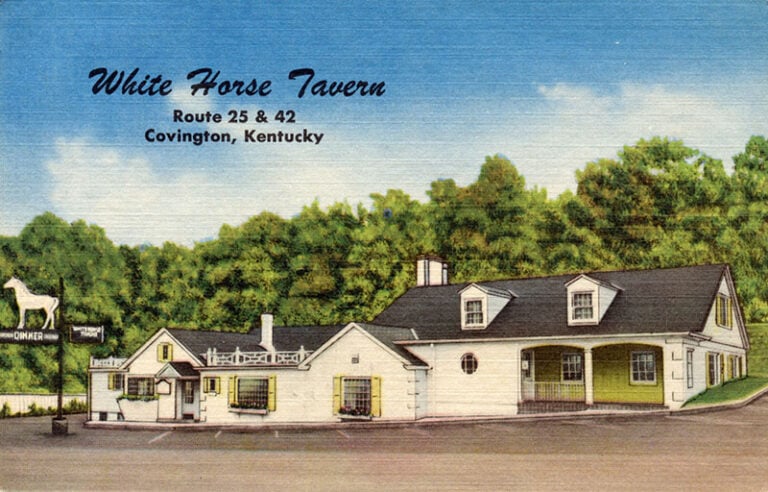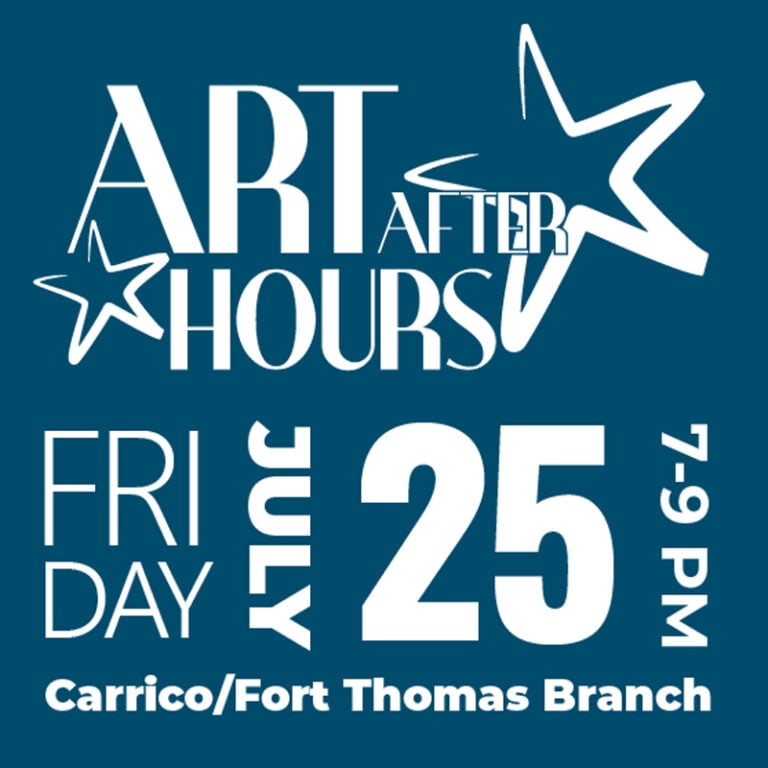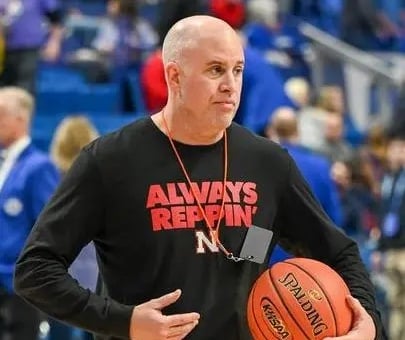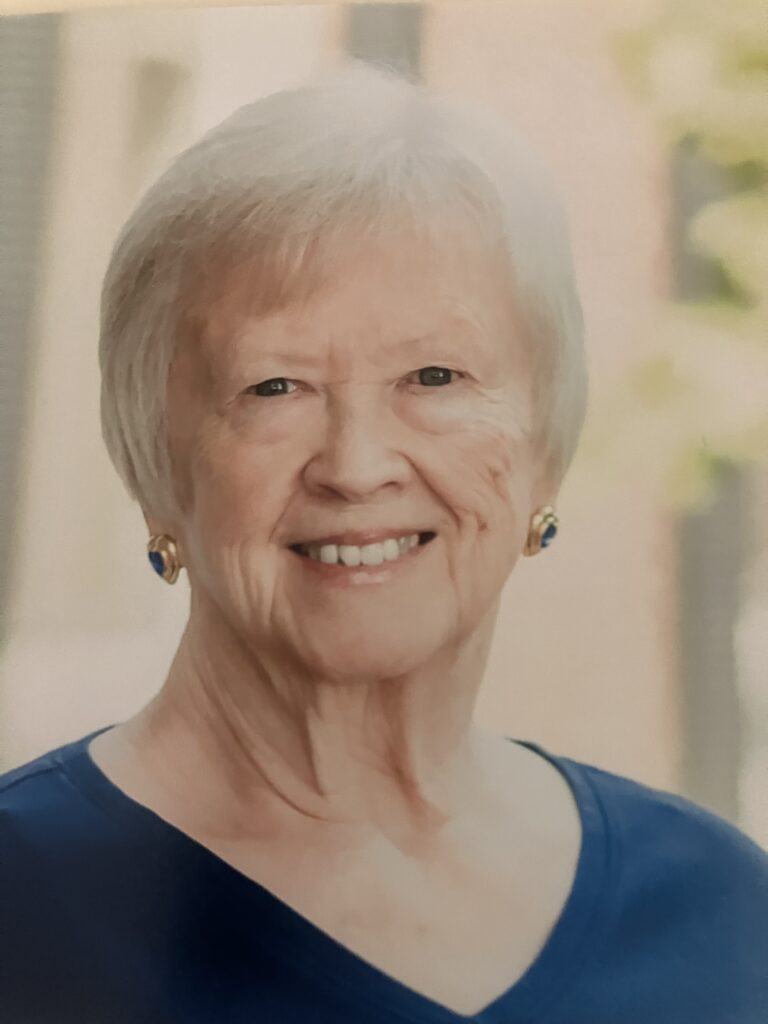Northern Kentucky Universiy’s Dr. Joan Ferrante’s ongoing project looking at the creation of racial categories in America will be the topic of an event at 6 pm.-7:30 p.m. Thursday at the Carnegie in Covington.
Dr. Ferrante has worked with a team of NKU student to explore Mourning the Creation of Racial Categories. The arts are their lens. Film. Dance. Music. Sculpture. Prose and poetry. Theater.

Mark Neikirk, executive director of the Scripps Howard Center for Civic Engagement at NKU, says: “Let me give you a sense of what they are doing: There is no generic marker for “race” – it is a creation of our culture and law, and very often a cruel creation.”
As the project synopsis explains: “In the land, we have come to call the United States, the race concept and its categorical vision of humanity has a 400-year history that began with Jamestown. Since then everyone who lives, or has ever lived on this land has wrestled with that categorical vision and their place within it. Drawing on the transformative powers of the arts, the MCRC project explains how and why race and racial categories were constructed. The act of dividing people into a handful of officially recognized racial categories is not, and has never been, a matter of selecting a category from a check-box list. A study of this history tells us that dividing peoples into racial categories has required family, ancestral, romantic, and other ties be severed.”
Four films are planned to showcase the students’ work. Two are complete. The first looked at a historic narrative about the “white slave,” a unique story that underscores the importance of skin tone in America before the Civil War and after.
The second revisits the Margaret Garner story about a slave family that escaped bondage in Richwood, Ky., only to be captured after making it to free soil in Cincinnati. The story inspired Toni Morrison’s novel “Beloved” and the movie that followed. The next two films are in the planning stages now.
This talk will sample the first two and explain the project’s origins and progression.
Expect to be amazed by this project on at least two levels, says Neikirk:
· First, the insight and analysis the students bring to this topic will change how you understand and interpret American history. It’s a fresh, new and important look at a familiar story.
· Second, the talent the students bring to this project is stunning. Their artistic interpretations quite simply have a lot of “wow!” factor.
This will be the second talk in this year’s Six@Six. One new feature is a greater emphasis on the collaboration of NKU faculty with NKU students on research and creative work. That will be center stage for Dr. Ferrante’s talk. She’ll be joined by some of her student collaborators.
The Carnegie is at 1028, Scott Street, Covington. There is free on-street parking and limited “lot” parking nearby.







